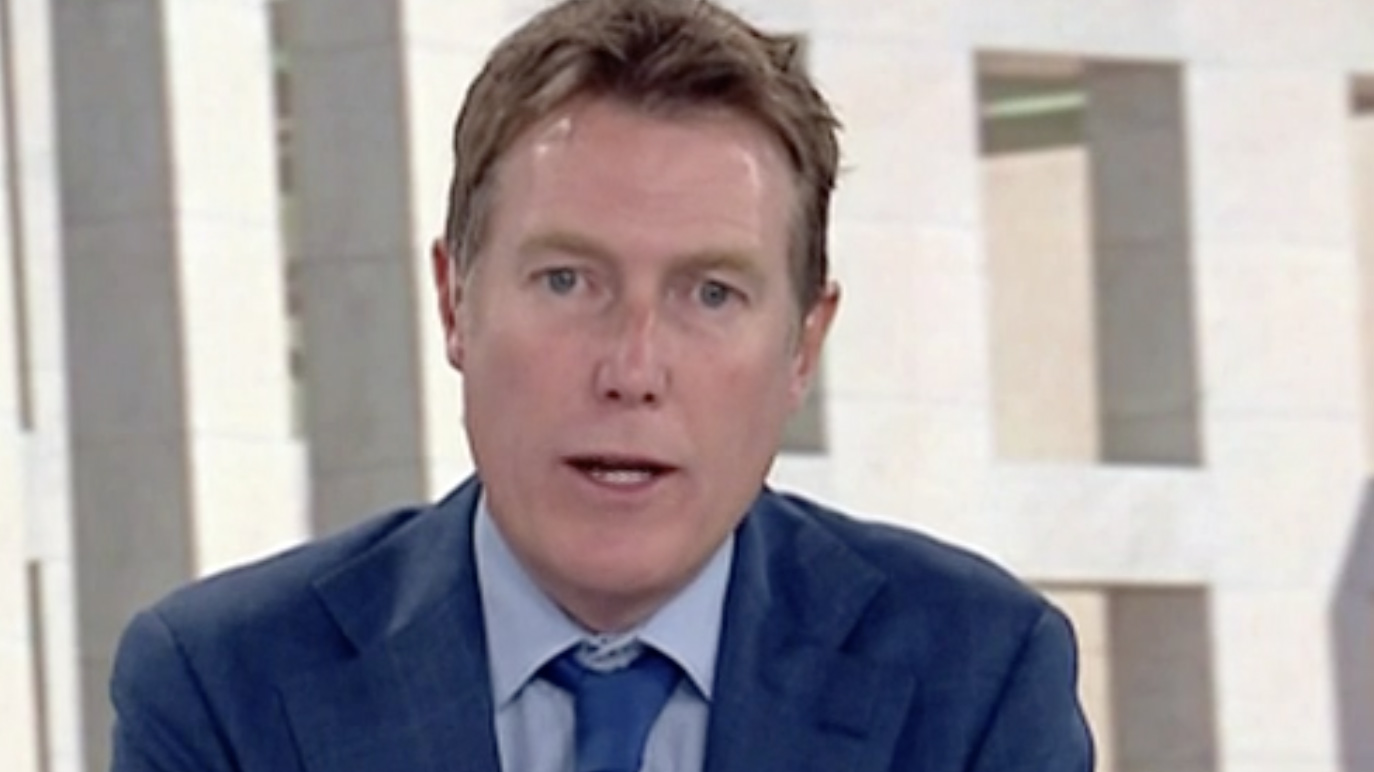
Attorney General Christian Porter has revealed more information about the government’s proposed Religious Discrimination Bill, including a clause that would protect people of faith from “indirect” unfair treatment.
Porter spoke with The Guardian after a briefing with government MPs on Friday, ahead of planned consultations with churches and other groups before bringing forward the final version of the Bill.
The Attorney General said that a clause relating to ‘indirect discrimination’, similar to section 7b of the Sex Discrimination Act, would protect employees who expressed their religious views.
“This would provide an overarching rule that places limitations on what an employer could do by way of general rules that affected all of their workforce, if those general rules, in an unfair and unreasonable way, had a negative – or what the legislation calls a disadvantaging – effect on a person of faith,” Porter said.
“A bill like this would provide a very powerful avenue for someone who believed that a general rule in their employment especially disadvantaged them because of their religion, to argue that that rule was contrary to the act and unfair.”
Porter added that once the legislation had been passed, employers would be prevented from creating contracts that were not in line with the new laws.
“When two private parties contract with each other – an employer and an employee – they can’t contract to do something that another piece of law, in this case commonwealth law, says is unlawful,” Porter continued.
“The bill … provides an avenue for people who think a rule in their employment has unfairly disadvantaged them or led to their termination unfairly because of their religion, provides an avenue for complaint and potentially redress in those circumstances, and so it goes a long way to protect people from being discriminated against in the context of their employment.
The Attorney General also made reference to the case of Israel Folau’s termination by Rugby Australia, after he posted to social media that “gays” were destined for hell.
“I think a real issue arises here about how much and to what extent modern businesses – whether they are sporting codes or law firms – attempt to limit people’s behaviour in their private life and in their private discussions and in their private discourse outside of work hours based on an argument that there is what is sometimes called brand damage to the overall organisation,” Porter said.
“We have probably reached a point where the ability of employers to control people in their non work time is getting tested.”
LGBTIQ+ advocacy group Equality Australia say the Attorney General’s plans to include a clause in the forthcoming Religious Discrimination Bill would prevent employers providing a safe workplace for all people.
“Anti-discrimination laws should be a shield, not a sword. It sounds like the Government’s proposal would prevent employers from being able to protect their businesses from the damaging public actions of employees”, said Lee Carnie, Director of Legal Advocacy at Equality Australia.
“Employers should be able to provide workplaces for all employees that are safe, healthy, and inclusive. The examples given by the Attorney-General show that he plans to go further with religious discrimination laws to interfere with employers’ ability to uphold their values”.
Noting the references made to Israel Folau’s case, Carnie said that it was up to the courts to determine the facts of the Rugby Australia case, not the Attorney-General.
“It is imperative that we see the Bill the Attorney-General is referring to. This drip feed of incomplete information is causing panic for the communities who could be targeted by this law, such as single mums, divorced people, women and LGBTIQ+ people”, said Carnie.
Equality Australia, women’s advocacy group Fair Agenda, and affirming faith organisations are calling on the government to meet with affected communities to discuss the Religious Discrimination Bill.
OIP Staff






